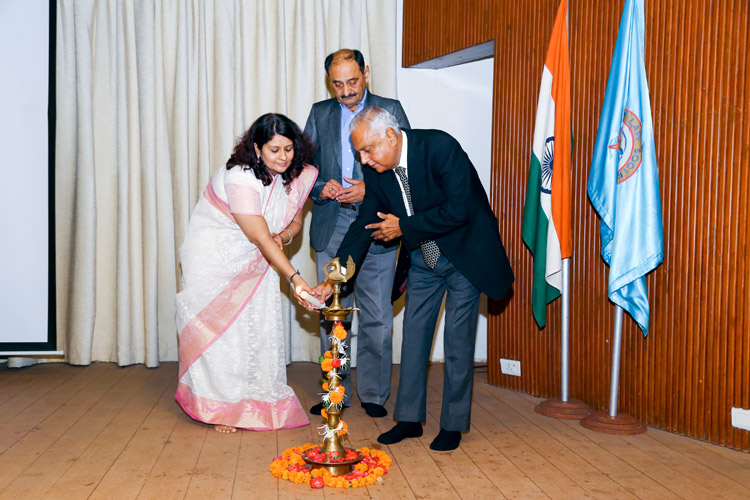Internship Programme - GLS Law College
“For the things we have to learn before we can do them, we learn by doing them.” – Aristotle
Significance of Internship in the field of Law:
The purpose of the internship program is to gain practical knowledge in the field of law. While interning, the students will be able to apply the practical aspect of the theories of academic learning in the professional setting under the guidance and supervision of both a professional staff member and a university faculty advisor. On the basis of the internship, the students will be evaluated on their work attributes and contributions in the assigned work or community setting. The students will have various experiential learning opportunities during the internship programme.
Clinical Legal Education is the essence of Modern Legal Education and thus to give emphasis on the same, GLS Law College has designed the internship programme for the students following BCI guidelines.
Internship is the process of acquiring new skills through practical experiences. Law is a profession wherein certain skills are required and it is through internships that the skills taught in class are getting polished. Following are the practical legal skills required:

- To provide students with the necessary information for developing their careers and for defining professional strategies in future.
- To apply the knowledge and skills learned in the classroom to in practical life and to develop new skills by being involved in actual cases and projects.
- To showcase the socio-legal reality by practical experiences.
- To analyse problems involving legal issues, principles and rules.
- To enhance proficiency in demonstrating legal terminology and learning of a particular area of law.
- To assist the students gaining actual experience of a particular place of work.
- To guide students in developing professional skills and a broader understanding of the legal profession and legal processes.
- To empower students for effective participation in law school classes because of the real world experience they bring back to the classroom.
- To make students aware of career alternatives.
Classification of Internship at GLS Law College:
GLS Law College has very strategically designed the internship programme based on Academic requirements as per BCI guidelines and the Practical exposure to give a holistic view of the course.
| First Year (Sem I & II) | Non-Government Organisation/Social Sector |
| Second Year (Sem III & IV) | Trial Court (Criminal) |
| Third Year (Sem V & VI) | Trial Court (Civil) |
| Fourth Year (Sem VII & VIII) | High Court/Supreme Court |
| Fifth Year (Sem IX & X) | Law Firms/Corporate Office |









